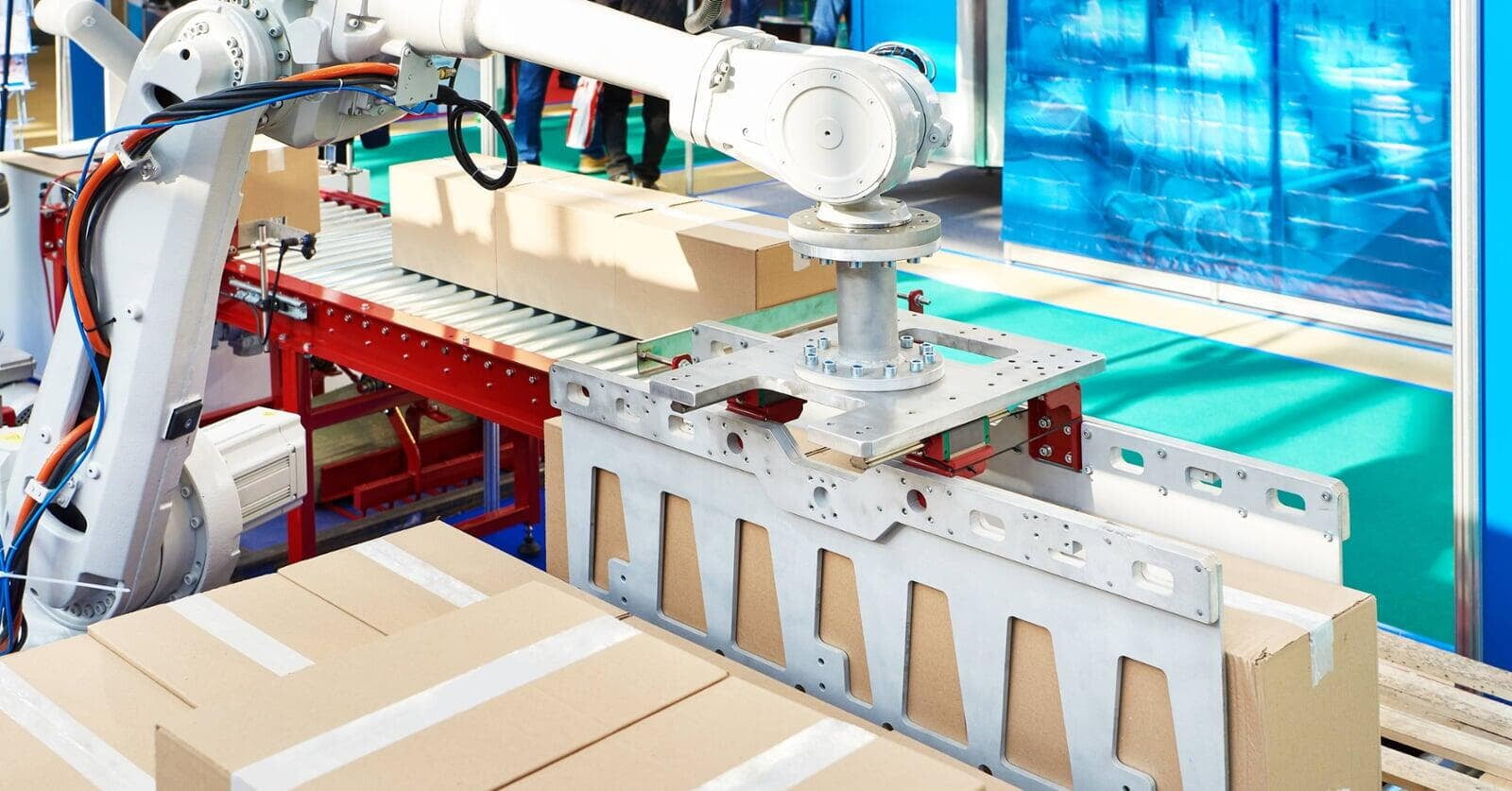
Proper palletization minimizes the risk of product breakage or spoilage during transit and storage. Additionally, optimized palletization processes improve warehouse organization and give businesses better control over their inventory. Explore the importance of palletizers in the packaging industry to see how this machine can help your business.
Consistent Product Handling
Uniformity in pallet stacking is essential to maintaining product integrity during handling and transportation. Palletizers excel in placing each product correctly, reducing the likelihood of damage. This consistency helps maintain quality standards and customer satisfaction.
Palletizers also minimize human error, which is a common cause of product mishandling. By automating the stacking process, businesses can ensure consistent product packing. In addition to maintaining quality control, the systematic arrangement allows for easier tracking and retrieval of items, which can improve accuracy in inventory counts.
Increased Efficiency
Palletizers play an important role in boosting packaging productivity by automating the labor-intensive process of stacking products onto pallets. By minimizing human intervention, these machines can handle large volumes of products quickly and accurately. This increased throughput translates to shorter production cycles and faster order fulfillment.
Automatic palletizing machines utilize advanced robotics and computer programming to precisely position and stack products onto pallets. These machines employ sensors and imaging technology to detect and process items, enabling rapid handling and arrangement that far exceeds human capability in both speed and consistency.
Space Optimization
Efficient use of warehouse space is another significant benefit of using palletizers. These machines maximize storage capacity by precisely arranging products on pallets. This optimization leads to more efficient logistics operations and lower storage costs.
Optimal space utilization enables businesses to store more products within the same footprint. This increased storage capacity can be crucial during peak seasons or periods of high demand. Additionally, well-organized pallets facilitate easier inventory management and quicker retrieval of products.
Compact Designs Available
Compact automatic palletizers meet the space constraints of smaller facilities. These small footprint configurations allow businesses to implement efficient palletizing solutions without requiring extensive floor space, making them particularly advantageous for operations with limited room. These palletizers contribute significantly to effective logistics and inventory management by maximizing the use of available space while maintaining high productivity levels.
Flexibility and Customization
Modern palletizers are highly adaptable and capable of handling various product sizes, shapes, and stacking patterns. This flexibility makes them suitable for diverse industry needs, from managing food and beverages to pharmaceuticals. Customizable settings allow businesses to tailor the palletizing process to specific requirements, enhancing operational agility.
As market demands evolve, palletizers can be reprogrammed to accommodate new products and packaging standards. This adaptability ensures that businesses remain competitive and responsive to changing industry trends.
Palletizers enhance efficiency, consistency, and flexibility. Their adaptability ensures that businesses can meet diverse needs and stay competitive in a rapidly evolving market. Investing in palletizing equipment is a strategic move that offers immediate and long-term benefits.
